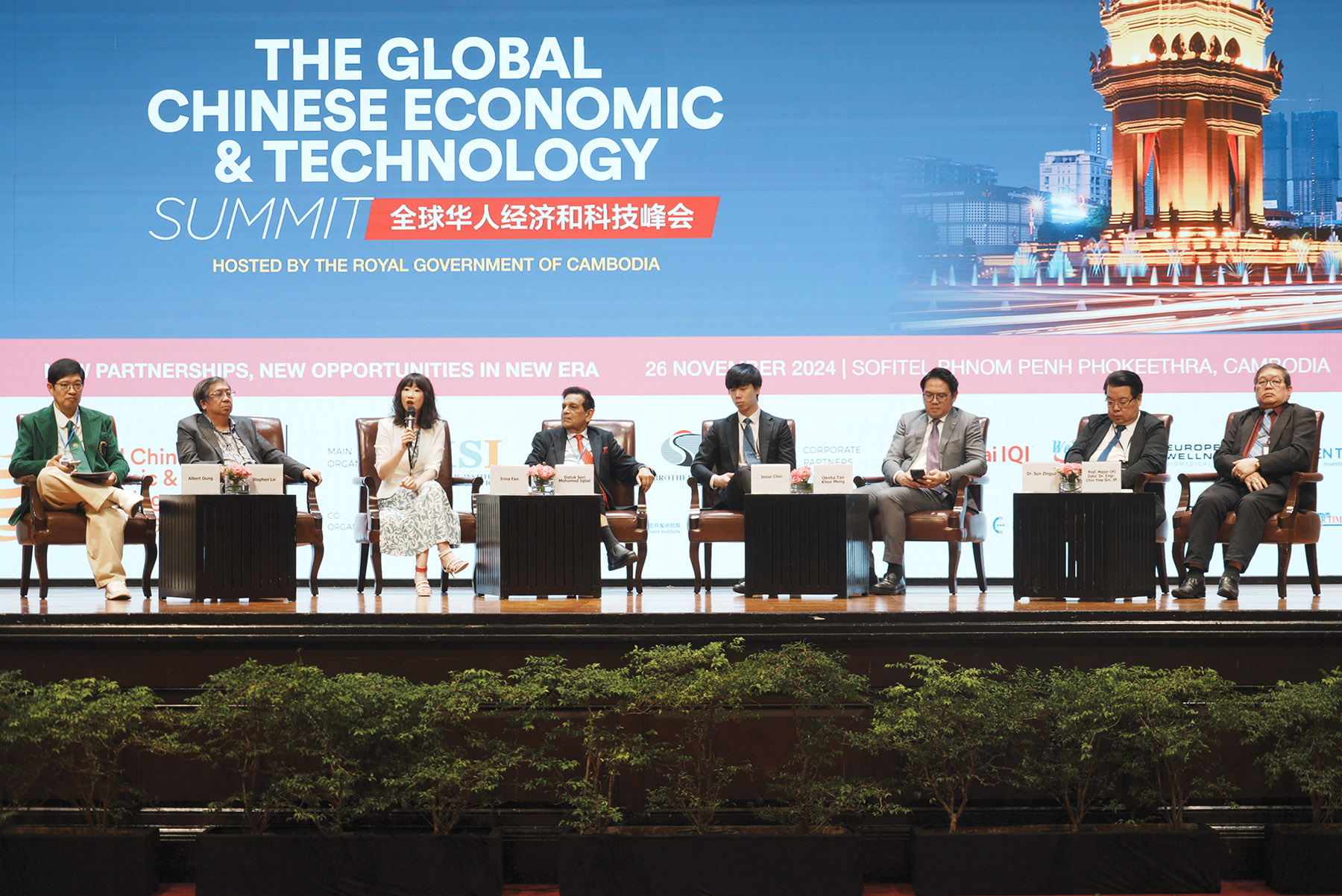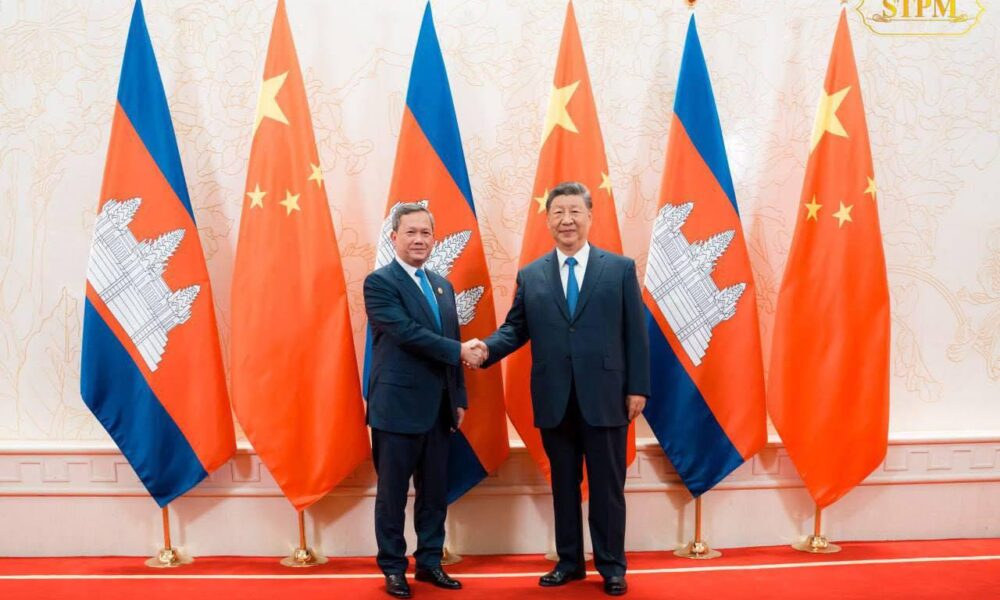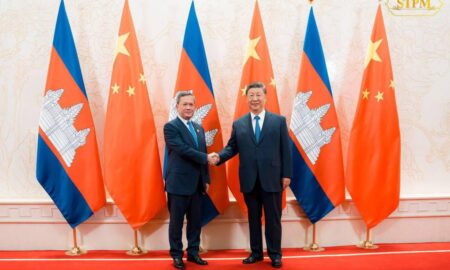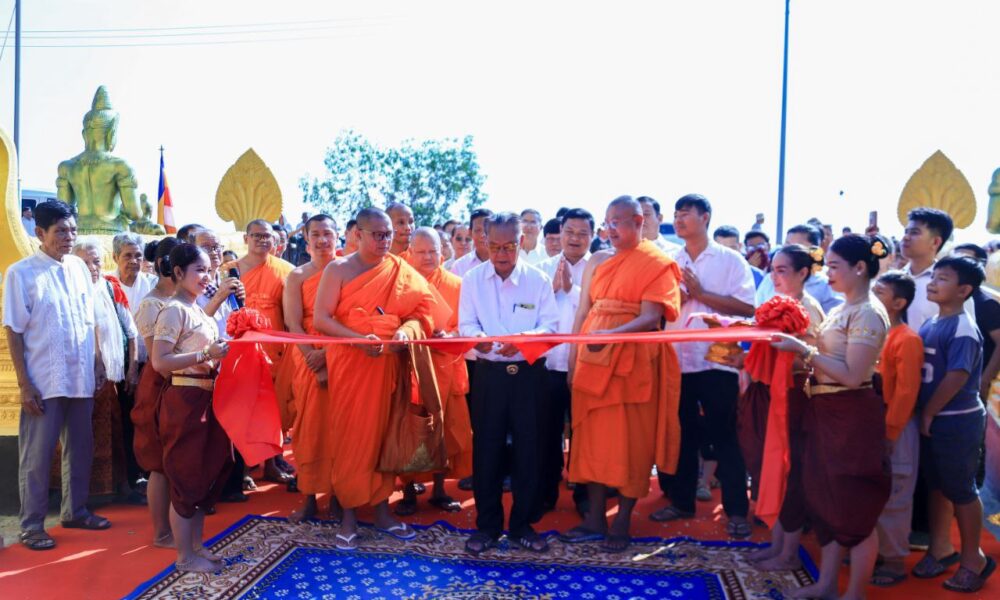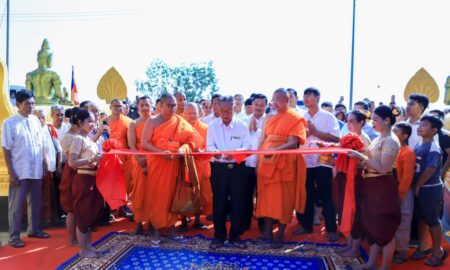Region will benefit from partnerships as Beijing pursues high-quality development, forum hears
Southeast Asian countries are poised to capitalize on China’s technology strengths and regional partnerships to seize the opportunities presented by technology advancements as international headwinds pose challenges to economic growth.
The remarks were made by political and business leaders as well as experts at the Global Chinese Economic and Technology Summit held in the Cambodian capital of Phnom Penh on Nov 26. Themed “new partnerships, new opportunities in a new era”, the full-day event included three panel discussions focusing on global cooperation frameworks, new economy, and the role of overseas Chinese.
Cambodian Prime Minister Hun Manet, in a keynote speech, said: “When China, as the main driver of global growth, is focusing on high-quality development, I believe the whole region stands to gain from such policy orientation.”
China has projected that its high-quality development will be driven by new quality productive forces, such as artificial intelligence, digital economy, and humanoid robots, he noted.
The prime minister said the strong cultural ties and friendly government relations between both sides provide a favorable environment for Chinese businesses to develop in the Cambodian market.
In his special address, Chinese Ambassador to Cambodia Wang Wenbin said, “Cambodia is a hot spot for overseas Chinese to invest in.” The Cambodian government also highly values investment from overseas Chinese, and is actively improving the business environment.
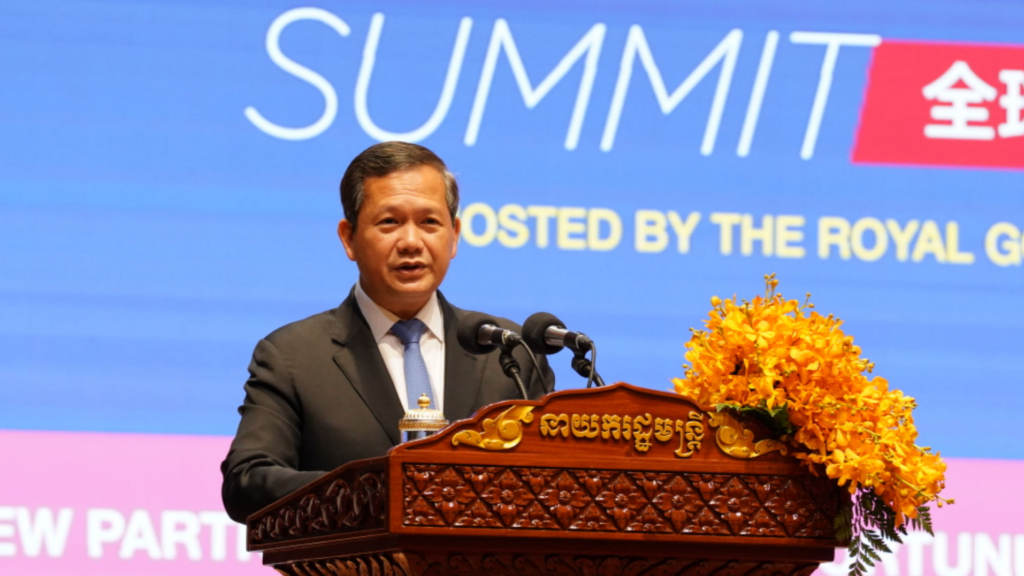
“Cambodia is a trustworthy partner”, whose gross domestic product increased by 10 times in the past three decades. “The country is integrating into the world economy confidently and is becoming one of the fastest-growing economies in Southeast Asia and even the whole world,” Wang added.
Cambodia has made the development of the digital economy and digital technologies one of its priorities, actively attracting investments in emerging technologies and high-tech industries, the ambassador added.
Michael Yeoh, organizing chairman of the summit, noted the shifts happening in the global market, and said, “An increasingly VUCA world — volatile, uncertain, complex, and ambiguous — calls for collaboration, dialogue and partnerships.”
“China will increasingly be a strategic partner (for) the Association of Southeast Asian Nations and the Global South”, Yeoh said. As China is a global leader in digital and green technologies, it can assist developing economies in digital transformation and green transition, he said.
Among the various dynamics, there is possible impact on the global economy as a new administration is set to take the reins in the United States, with the prospect of more tariffs, said Sok Siphana, senior minister of Cambodia. In the face of such uncertainty, regional cooperation will play an important role in maintaining supply chain stability, especially for small markets such as Cambodia.
Recent data from China’s General Administration of Customs revealed that bilateral trade between China and ASEAN countries surged at an annual rate of 11 percent over the past 20 years — three percentage points faster than China’s overall foreign trade growth. China has held its position as ASEAN’s largest trading partner for 15 consecutive years, and the 10-member bloc has been China’s top trading partner for four years running.
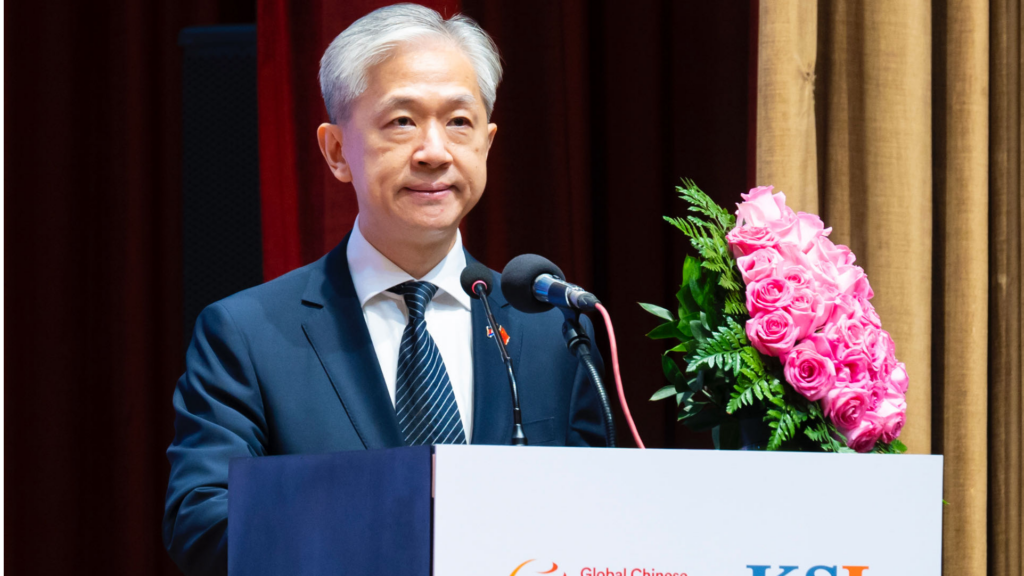
“The role of technology in reshaping the economy has been recognized,” said Wee Ka Siong, president of the Malaysian Chinese Association. It has been seen how artificial intelligence, machine learning, and blockchain technology can improve or streamline services and provide new opportunities for businesses, he said.
Wee, who is also Malaysia’s former minister of transport, added: “ASEAN nations have much to gain from adopting China’s technology advances.” The region can capitalize on the technology forum, which began in 2009, to establish business linkages with China and the global Chinese community.
During a discussion session co-organized by China Daily, panelists explored the opportunities and challenges now shaping the global landscape, highlighting the roles of the Belt and Road Initiative and the Regional Comprehensive Economic Partnership.
They emphasized that, in this context, an increasing number of Chinese companies are eyeing Southeast Asian nations as one of their prime investment destinations. The discussion also delved into how China’s Hong Kong Special Administrative Region can capitalize on its international connections and financial strengths to drive such investment.
In a session centered on the digital economy and green development, business leaders and researchers exchanged insights from their experiences in international markets, particularly in Southeast Asia.


